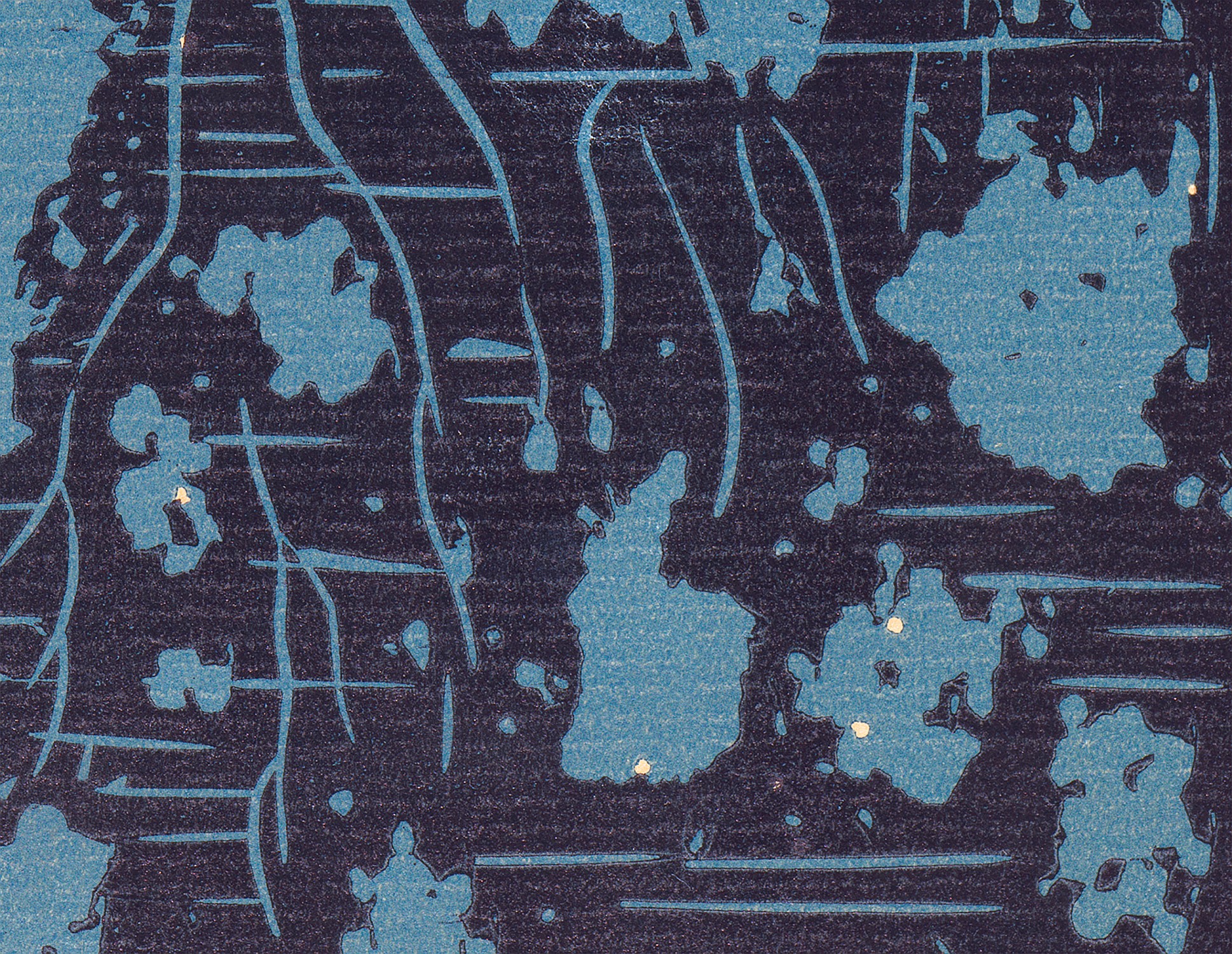The Surry County Chancery Causes, 1785-1922 (bulk 1806-1917), contain valuable biographical, genealogical, and historical information and document a broad spectrum of citizens of Surry County—rich and poor, black and white, slave and free. Following are a few suits of interest found in the collection.
Chancery Cause 1830-037, Mary Pettway, etc. vs. Admr. of John Pettway Judkins, etc. is an estate settlement suit. John Pettway Judkins died without a will; therefore, the court had to determine who all was related to Judkins in order to ensure they received their fair share of his estate, including slaves. The suit contains a list of Judkins’ relatives showing how they were related to him.
Chancery Cause 1869-002, Enna (or Rosenna) Rowena Messersmith by etc. vs. Joseph M. Messersmith is a divorce suit that had its origins in the Civil War. Joseph served in a local Surry County unit attached to the 13th Virginia Regiment. He and Enna were married on 23 September 1862 in Surry County while Joseph was on a short furlough.
Emma rarely saw her husband over the next two years. Enna informed the court that she last saw her husband in January 1864 in Petersburg. She learned from someone who served with Joseph that in the spring of 1864 Joseph went AWOL and was believed to have fled to western Virginia. Enna told the court that her husband “deserted not only the service of the government, but abandoned & deserted her, his wife.”
A humorous story can be found in Chancery Cause 1882-005, Exr. of William S. Burt vs. Clarence P. Burt, etc. In his will, William S. Burt set up a trust fund for his grandnephews to attend Virginia Military Institute once they came of age. However, the grandnephews’ father, John Burt, did not want his sons to attend VMI. In a letter to the executor of his uncle’s estate, Burt wrote that VMI was “not a moral school nor do they devote the greater portion of their time to mental instruction but to military tactics which to my idea is an unnecessary waste of time.” The court agreed to allow the grandnephews to use their uncle’s trust fund for the college of their choice.
Finally, the following two chancery suits offer great insight into local African-American history. Chancery Cause 1867-003, Robertson Holt vs. Exr. of John Holt, etc. centers around transactions involving a slave named Tempe and her children that took place in 1835 and 1856. Depositions and exhibits filed in the suit describe family relationships and the physical health of slaves. In Chancery Cause 1882-008, Exr. of Mrs. Nancy J. Fitchett vs Patsy Hopkins, etc., a group of slaves are seeking the legacy owed to them by their former owner, Nancy Fitchett, who died in 1863. In her will, Fitchett emancipated her slaves and left a legacy to be used for their transport to and support in Liberia. The Civil War made it difficult for the executor to carry out Fitchett’s wishes, and the ex-slaves remained in Surry County. When the war ended the former slaves had no desire to move to Liberia, but they did want the legacy that their former mistress had allotted to them. They successfully sued to receive their legacy; however, due to the notoriously snail-like progress of chancery suits, it took 15 years. One of the exhibits in the suit records the names of the slaves as they were known before and after emancipation.
The Surry County Chancery Causes, 1785-1922 (bulk 1806-1917), join the growing list of localities whose chancery causes have been digitally reformatted and made available through the LVA’s innovative Circuit Court Records Preservation Program (CCRP), which seeks to preserve the historic records of Virginia’s circuit courts. They are available online through the Chancery Records Index.
To hear more stories about Surry County found in chancery suits, Local Records Archivist Greg Crawford will be speaking on this topic to the Surry County Historical Society on 9 September at 7:00.

















